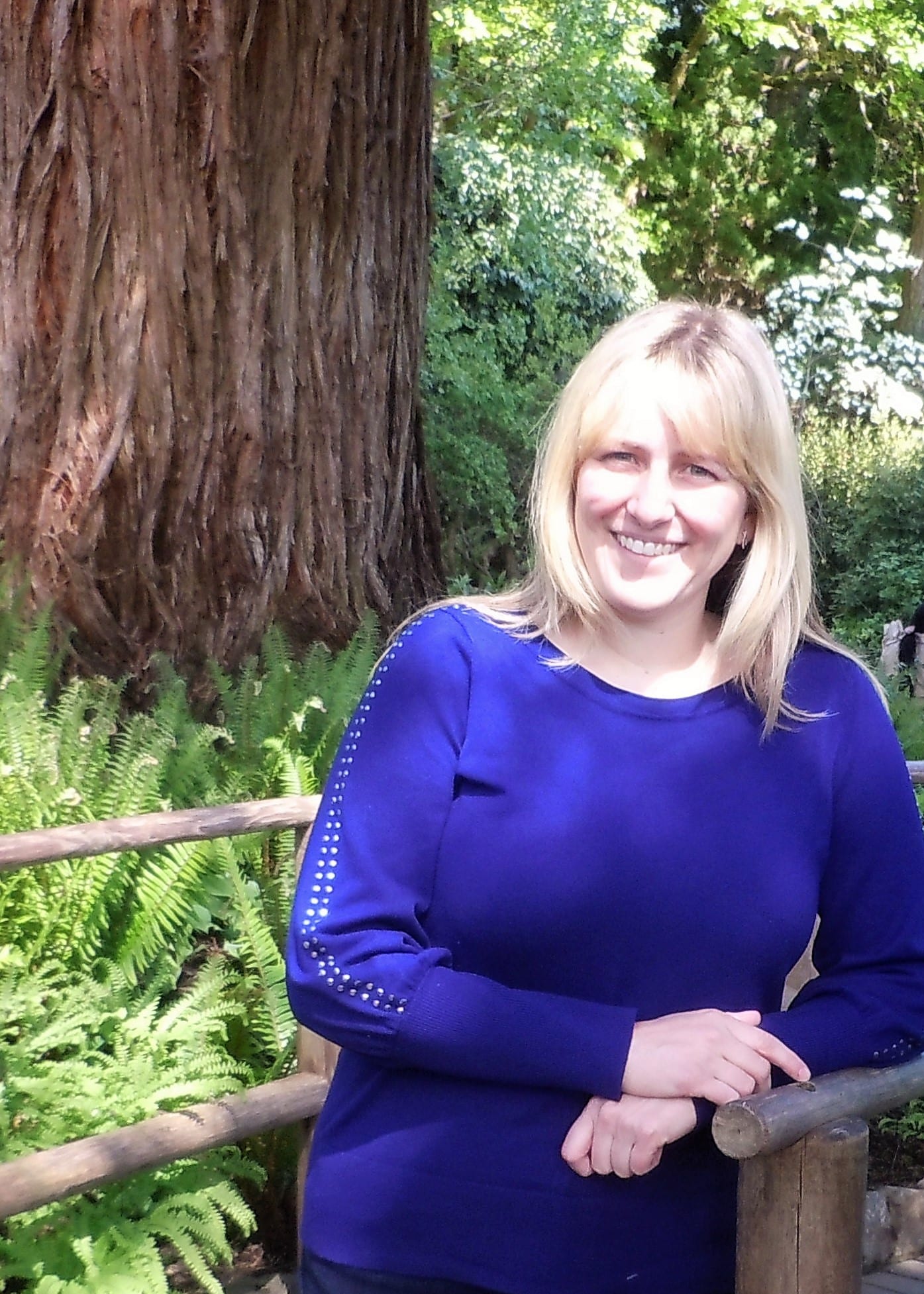Posted By: Sara Cullinan, PhD, Deputy Editor, AJHG
Each month, the editors of The American Journal of Human Genetics interview an author of a recently published paper. This month we check in with Tychele Turner to discuss her paper “Sex-based analysis of de novo variants in neurodevelopmental disorders.”

AJHG: What prompted you to start working on this project?
Tychele: Since my early graduate studies, I have been interested in understanding the etiology of autism, and in particular, I have been intrigued by the observed sex bias in autism. It has been well established that there are more males (~80% of individuals with autism) than females with autism. Over the past ten years, evidence has been accumulating for a “female-protective effect” whereby females with autism more often than males with autism have variants of interest that are rare variants of large effect.
During my postdoctoral work with Dr. Evan Eichler, I received an Autism Science Foundation fellowship to further explore this effect. While many groups had focused on a pooled male and female approach, we chose to look at it in reverse, in the thousands of sequenced parent-child trios with neurodevelopmental disorders that have been published to date and are now in our de novo variant database. The greatest reason we began to work on this project is because sex bias is a common feature of many disorders and we want to help to determine why this occurs so as to inform future studies into the genetic architecture of human disease.
AJHG: What about this paper/project most excites you?
Tychele: One of my favorite aspects of the paper is that we utilized a discovery/replication cohort approach to identify genes with significant excess in neurodevelopmental disorders. While this has been a common approach in genome-wide association studies it has been uncommon in studies of de novo variants. This was very helpful to us in identifying genes of high confidence. Related to this, as a person who enjoys thinking about numbers, I was excited that we were able to study so many sequenced parent-child trios from the literature (~9,000 families and ~27,000 individuals) as a discovery cohort.
This highlights a real benefit of data sharing in our genetics community. In addition, we were beyond grateful to GeneDx for providing us with replication data (~19,000 families and ~57,000 individuals) for the genes we initially identified as significant in our discovery cohort.
Since we were determined to find out if there were differences in gene discovery in males and females and the possible genes that could be sex-biased, we found it was critical to have this two-stage (discovery and replication cohort) analysis. Probably the most striking result in the paper, to me, was that our gene discovery in ~3,000 females was similar to our discovery in ~6,000 males and that the X chromosome genes reaching significance were only found in females.
AJHG: Thinking about the bigger picture, what implications do you see from this work for the larger human genetics community?
Tychele: There are a few implications of this study for the human genetics community. It provides lessons learned about the sex bias in human disease and also emphasizes why the NIH has generated policy around the inclusion of sex as a biological variable. While our study focuses on neurodevelopmental disorders, we think the findings provide insight into other phenotypes as well. Our study highlights the importance of studying the rarer class (in autism it is females) to identify rare variants of large effect.
First, we find that study of the rarer class enables greater gene discovery and in studies where funding or sample sizes are limiting, it may be beneficial to prioritize the rarer class individuals. Second, we show that there are a few genes that are significant in only one sex and those genes primarily reside on the X chromosome. Third, we find that the genes we discovered converged to one network involved in chromatin biology.
When you look at the gene set, surviving replication, you realize that they could have almost all been identified by only focusing on females. This suggests that useful biological insights can be derived from a study of the rarer class. There is much work that remains in understanding how sex bias occurs in disease, but we think this study provides one way to think about this issue.
AJHG: What advice do you have for trainees/young scientists?
Tychele: Remember that all scientists struggle from time to time, and that even when you think you know how someone’s career has gone, you often do not know the struggles they have faced. Find a good network of mentors both inside and outside of your department. Most importantly, if there is something you are passionate about scientifically, pursue it. There’s no limit to what you can do, and you never know when or where the next great scientific breakthrough will be!
AJHG: And for fun, tell us something about your life outside of the lab.
Tychele: One of my favorite things to do outside the lab is to read books from the library. It is fun to take some time to “go on adventures” through literature, and you don’t even have to leave “home”. I also enjoy spending time with my family in Michigan.
Tychele Turner, PhD, is an Assistant Professor in the Department of Genetics at Washington University School of Medicine. She has been a member of ASHG since 2013.
